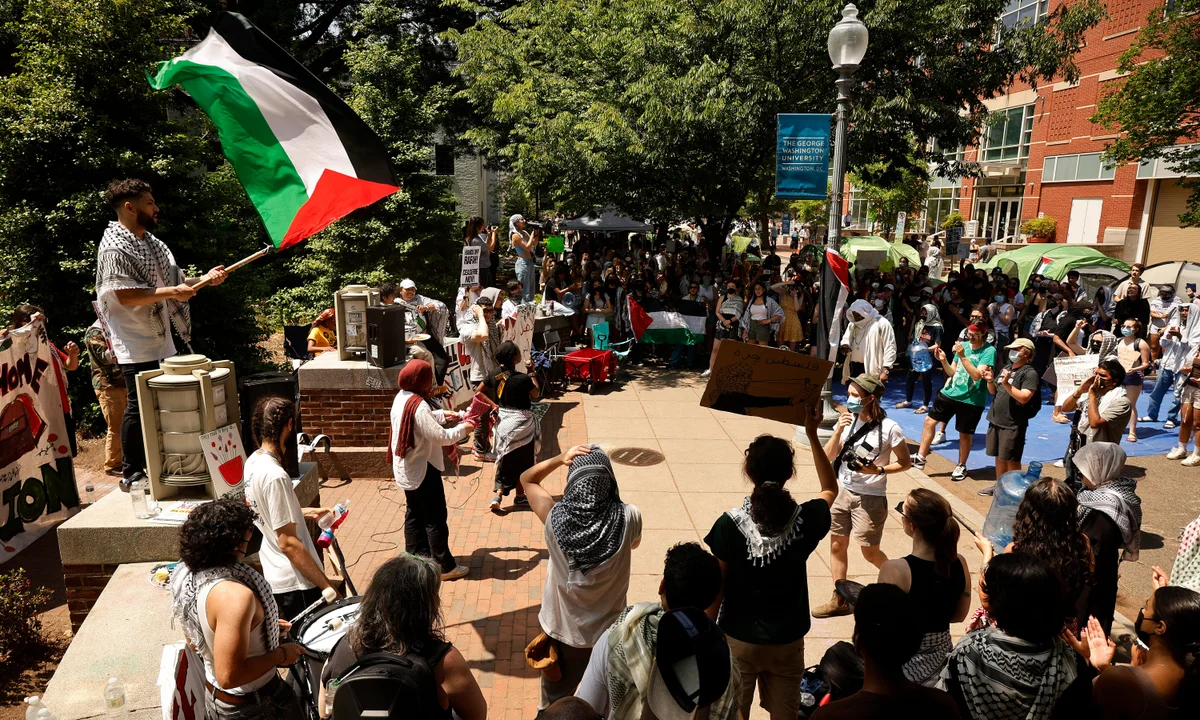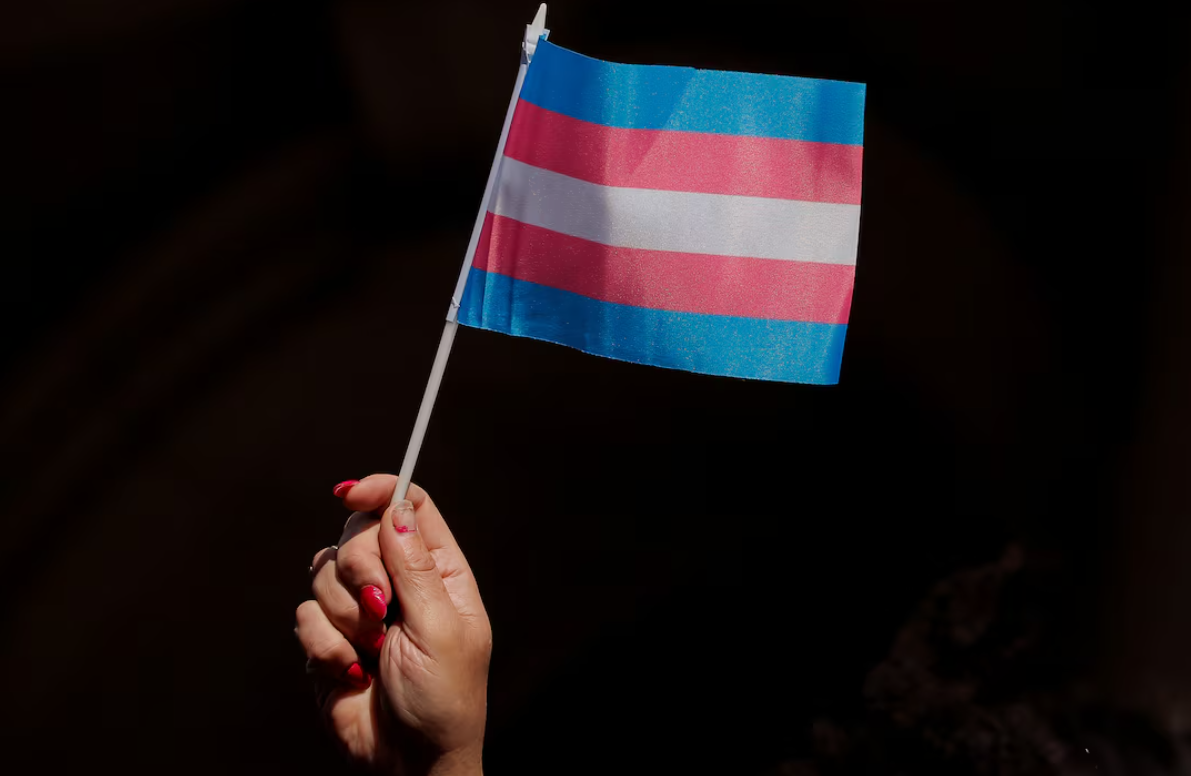Some members of board of trustees, which voted for divestment, cited students’ Gaza protests as reason for redesignation of funds
On Monday, the University of North Carolina (UNC), Chapel Hill announced that it would divert the school’s entire $2.3m diversity, equity and inclusion (DEI) budget toward public safety and policing.
Some members of the board of trustees, which voted for the divestment, cited students’ recent anti-war demonstrations as a reason for the redesignation of funds to the campus police.
Monday’s unanimous board vote affects UNC Chapel Hill’s diversity funding, and could lead to the shuttering of the department and job losses. Conversely, the public safety and policing departments are getting a boost to their $14m budget.
Two weeks ago, student protesters at the school created an encampment on campus in solidarity with Palestine and against Israel’s ongoing war in Gaza. Thirty-six people were detained after refusing to disperse from campus; 27 people were cited for trespassing and released; and six others were arrested and charged with trespassing.
Though local Chapel Hill police were not involved, the UNC campus police were supported by North Carolina State University’s police, UNC Wilmington’s police, Appalachian State University’s police, state patrol officers and sheriff deputies (dressed in what looked like riot gear), according to the Daily Tarheel.
Some Chapel Hill council members, students and faculty were alarmed by the campus police’s response to students’ protests, and condemned what they called “an escalation of force”, which included “the use of pepper spray against its own students”.
Board members, however, defended the campus police. Days before Monday’s vote, Kotis wrote an inflammatory op-ed in the North State Journal about the students’ protests, and the lack of response from local law enforcement.
“The General Assembly needs to respond strongly to Cooper’s and Chapel Hill’s unwillingness to enforce law and order,” he wrote. “It should consider moving funds from any municipalities unwilling to support fellow law enforcement and give the UNC system the additional resources to handle emergencies like the one at UNC Chapel Hill last week.”
According to the school’s website, the office of diversity and inclusion’s mission is to “create and sustain a diverse, inclusive and welcoming environment for all students, faculty and alumni”.
But the vice-chair of the board’s budget and finance committee, Marty Kotis, indicated that he considered the DEI programs to be disharmonious to the campus atmosphere. “I think that DEI in a lot of people’s minds is divisiveness, exclusion and indoctrination,” Kotis said at the meeting during which the vote was held. “We need more unity and togetherness, more dialogue, more diversity of thought.”
In a March interview with the assembly, board member Woody White wrote: “Though guised as a ‘student success’ support system, the reality is that on some campuses, the DEI regime has become the enforcement mechanism with which to push radical ideology. Under the auspice of ‘righting past wrongs,’ it has been weaponized to allow discrimination, and it pits races and genders against each other.”
UNC Chapel Hill’s commencement was held the day before Monday’s DEI announcement. At the ceremony, football stadium screens displayed a message that read: “Anyone who does not leave or put down signs when asked will be removed and arrested. Thank you for your cooperation.”




